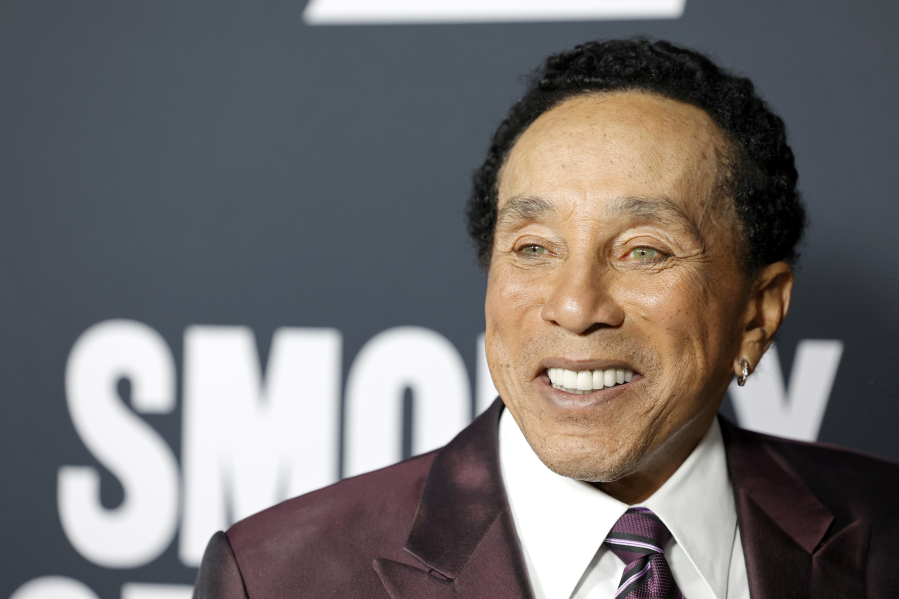RANCHO MIRAGE, Calif. — Smokey Robinson rises from an overstuffed armchair and lowers the volume of the Masters golf tournament on the TV in his 11th-floor suite at the Agua Caliente casino here.
The 83-year-old Motown legend is here in the desert to play a sold-out gig several weeks ahead of Friday’s release of his provocatively titled new album, “Gasms.” (You know what that’s short for.) But Robinson, who calls golf “the heroin of sports,” drove out early from his home in Los Angeles to squeeze in a round before showtime.
“There’s really nothing like it,” he says of the game, nodding toward his clubs in a corner of the room. “Ain’t s— else you could call me for at 5 o’clock in the morning and say, ‘Let’s go.’”
For Robinson, golf is the most enjoyable part of an overall wellness regime that also includes yoga — he’s been practicing for 37 years — and a diet he says has been free of red meat since 1972. Whatever he’s doing, it’s working: Dressed in high-end athleisure wear, his blue-green eyes so clear that they look like they could chill a drink, this master of the American love song is the picture of health as he discusses “Gasms” and recounts detailed episodes from throughout the career he launched nearly seven decades ago as frontman of the Miracles.



